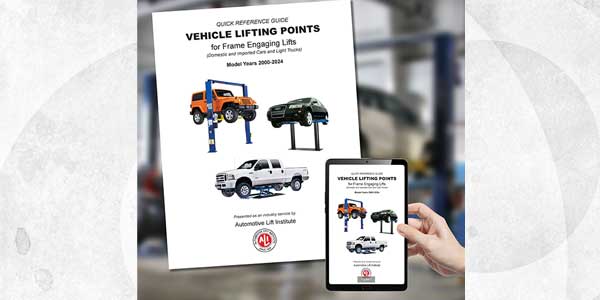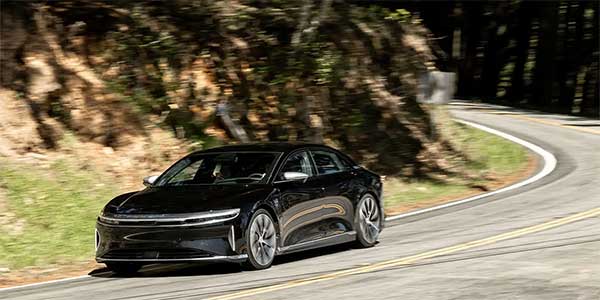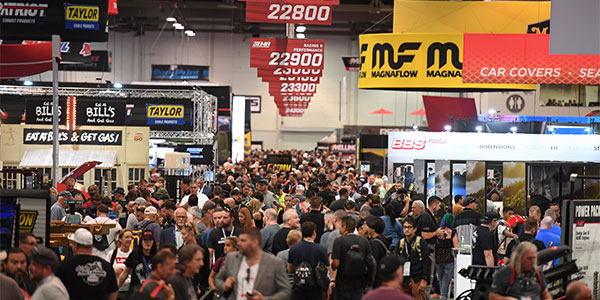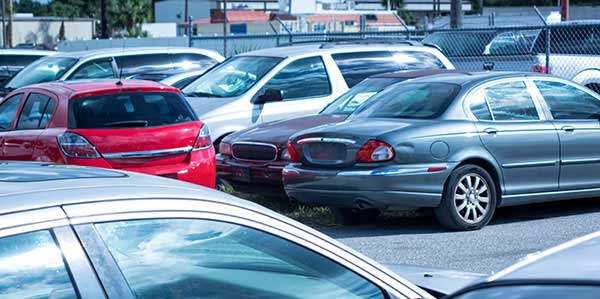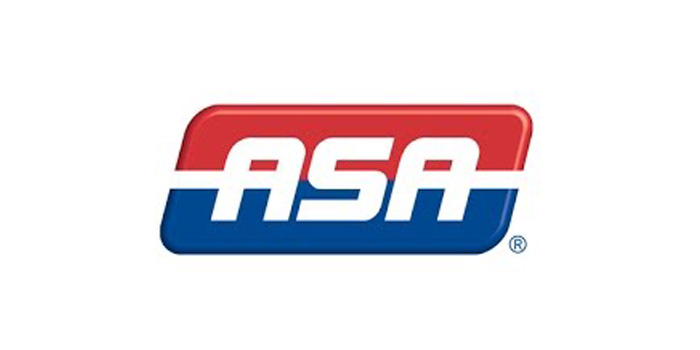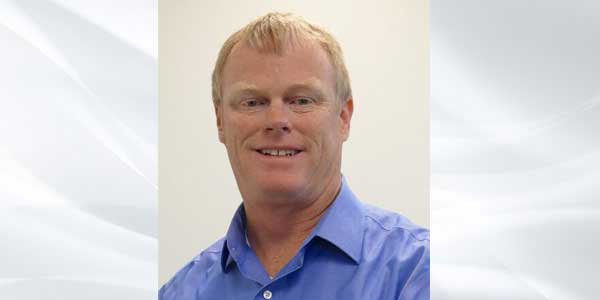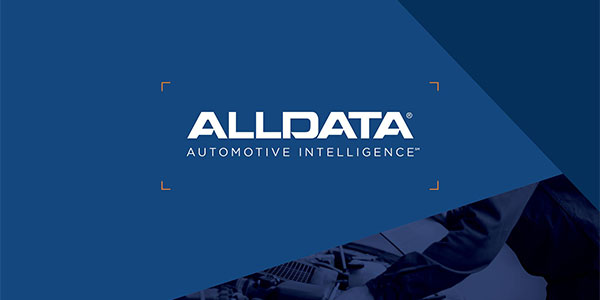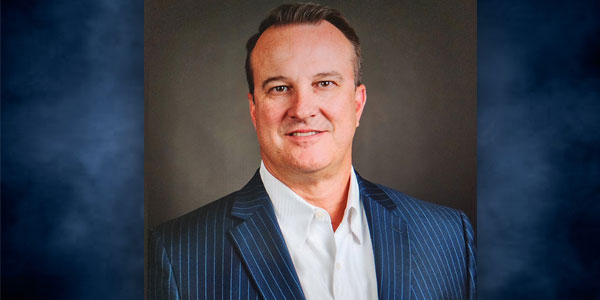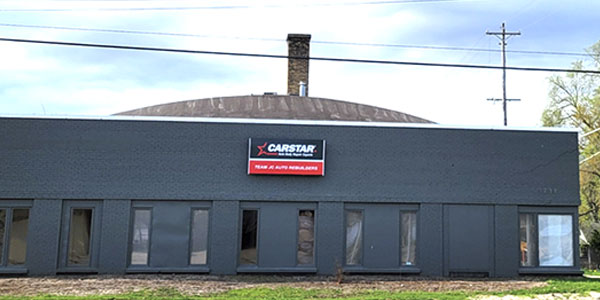
The West Virginia Senate is considering a bill that would forbid body shops and insurance carriers from specifying aftermarket crash parts and recycled OEM parts for three-year-old and newer vehicles.
Currently, the Automotive Crash Parts Act, under Chapter 46A of the West Virginia Consumer Credit and Protection Act, requires body shops to use “genuine crash parts sufficient to maintain the manufacturer’s warranty for fit, finish, structural integrity, corrosion resistance, dent resistance and crash performance” on three-year-old and newer vehicles – unless the vehicle owner provides written consent to use aftermarket parts. Likewise, insurers cannot specify aftermarket crash parts for newer vehicles, unless the consumer provides written consent.
Senate Bill 308 would amend that language to require body shops to use “genuine new original equipment parts sufficient to maintain the manufacturer’s new vehicle warranty for fit, finish, structural integrity, corrosion resistance, dent resistance and crash performance” (emphasis added to show the proposed changes), while insurers would not be allowed to specify aftermarket parts on those vehicles.
The requirement only would apply to insurer-paid repair work on collision-damaged vehicles in “the current model year plus two years.”
SB 308 also would delete the existing language that allows consumers to opt-out of using OEM parts for three-year-old or younger vehicles.
A note accompanying the bill explains that the purpose of SB 308 “is to require new original equipment parts be used in order to maintain the manufacturer’s warranty.”
The bill, introduced by state Sen. Randy Smith, has the support of the Washington Metropolitan Auto Body Association (WMABA), which recently added West Virginia to its coverage area.
“I think it does help consumers with the issue of protecting the vehicle’s existing warranty,” WMABA Executive Director Jordan Hendler told BodyShop Business. “Generally, I think consumers are happier knowing that they’re getting manufacturer parts when they have a new car.”
What constitutes an OEM part – or “genuine crash part,” as the state law currently words it – has been a source of debate in West Virginia.
In 2011, then-Attorney General Darrell McGraw filed a lawsuit against Liberty Mutual and Greg Chandler’s Frame & Body for alleged violations of the state’s Crash Parts Act. The lawsuit contended that because Liberty Mutual specified salvaged and recycled OEM parts to repair three-year-old and newer vehicles without obtaining consumers’ consent, and because Chandler’s failed to provide a written statement notifying consumers that the shop was repairing their vehicles with salvaged/recycled OEM parts, both parties were violating the law.
After the Circuit Court of Kanawha County sided with the state attorney general, Liberty Mutual and Chandler’s filed an appeal, and the West Virginia Supreme Court reversed the decision. Ruling that the Crash Parts Act doesn’t apply to salvaged/recycled OEM parts, the West Virginia Supreme Court sent the case back to the circuit court, which dismissed the lawsuit in 2015.
The Supreme Court’s decision has emboldened insurance companies to specify salvaged and reconditioned OEM parts for three-year-old and newer vehicles, WMABA board member Steven Krieps told BodyShop Business.
“Right now, there’s nothing that stops them from saying, ‘OK, you bought your car six months ago, we’re going to put on a fender from a three-year-old vehicle that still fits your car, and that’s all we’re going to pay for,’” Krieps said. “You can fight them, and you might win. But more often than not, you get nowhere.”
Ultimately, when consumers dig in and insist on OEM parts, they end up paying the out-of-pocket costs for the difference. “We see that daily,” Krieps added.
Krieps, who is the founder of Collision Safety Consultants of West Virginia, asserted that SB 308 “would be a great win for consumers and body shops.”
“This bill seems to do away with that ‘genuine crash parts’ [definition] and replace it with terminology that blatantly says if your vehicle is in the first three years – the year of production plus two – for the purpose of insurance-paid repairs, it has to be repaired with new OEM parts,” Krieps told BodyShop Business.
Smith, the bill’s sponsor, did not respond to a request for comment.


